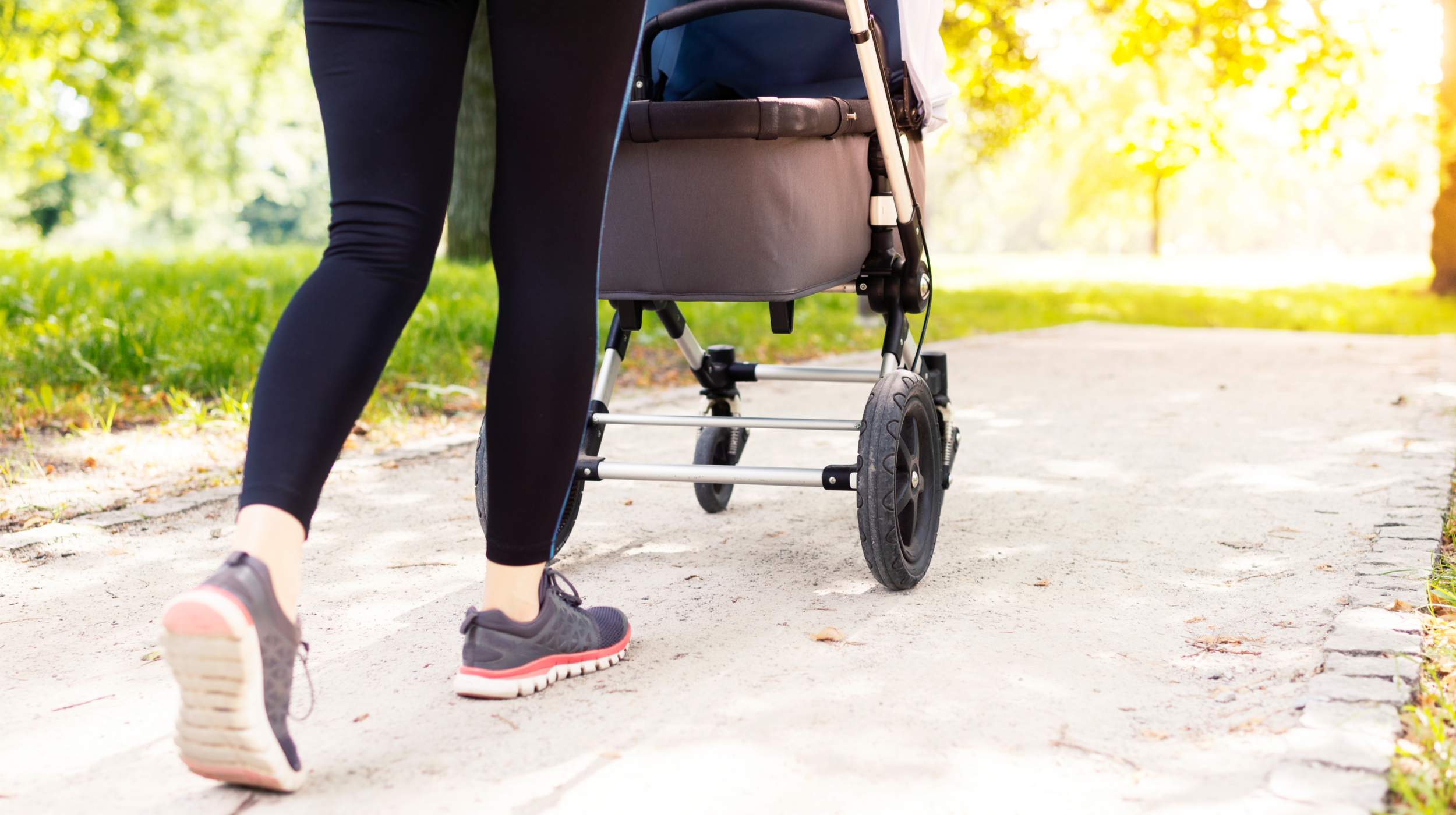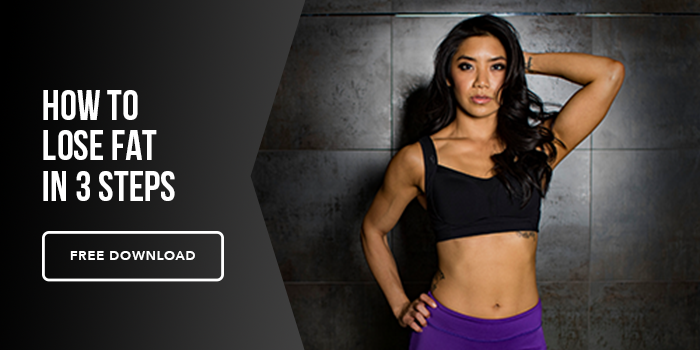The journey of losing the baby weight can vary from woman to woman. There is no one-size-fits-all diet or workout plan that works for everyone. There are, however, some steps that every high-quality diet and training program will include. Three basic steps that are important elements of losing the baby weight include: getting your eating on track, increasing your non-exercise activity thermogenesis (NEAT), and adding weight training to your routine. The steps can be incorporated into any eating and workout plan you decide to follow.
Get your eating on track
The food that you eat matters when you are trying to lose weight – there is no way around this fact. If you want to lose the baby weight then you need start by getting your eating on track. There are a number of different eating plans that can provide you with results. You may need to experiment to determine which eating plan is right for you. There will, however, be some commonalities between all eating plans that have the potential to be successful. Any eating plan you choose should be low in processed foods and high in fiber-rich vegetables and other natural food options. Getting your eating on track is an important step to follow on your journey to lose the baby weight.
Increase your non-exercise activity thermogenesis (NEAT)
Increasing your movement throughout the day can help you lose the baby weight. All of the physical activity you get outside of your dedicated workout is considered non-exercise activity thermogenesis. This type of movement is an important part of overall health and can aide in weight loss. Moving more throughout the day is a way for you to burn more calories and move toward the calorie deficit that is necessary for true weight loss.
Add weight training to your routine
Adding weight training to your routine can help you lose the baby weight and keep it off. Resistance training helps with weight loss by increasing your muscle mass and, in turn, improving your metabolism. The more muscle you build, the more calories you burn while at rest. This process creates a virtuous cycle where your physical fitness continues to improve as you incorporate weight training. Weight training increases muscle, increased muscle mass improves metabolism, and a higher metabolism leads to more weight loss.
The three steps outlined above can be incorporated into any quality eating and training plan you choose. You can choose to eat low carb, go with intermittent fasting, or some other option – find something that is healthy, sustainable, and a good fit for your lifestyle. NEAT and weight training are both worth including in your efforts to lose the baby weight. Ultimately, a combination of quality nutrition and movement will be the factors that help you lose the baby weight and keep it off. If you are looking for help with your nutrition plan, check out the intuitive nutrition guide. If you want guidance on how to get started on a new fitness program, take a look at MAPS Anywhere and the Fit Mom Bundle.






